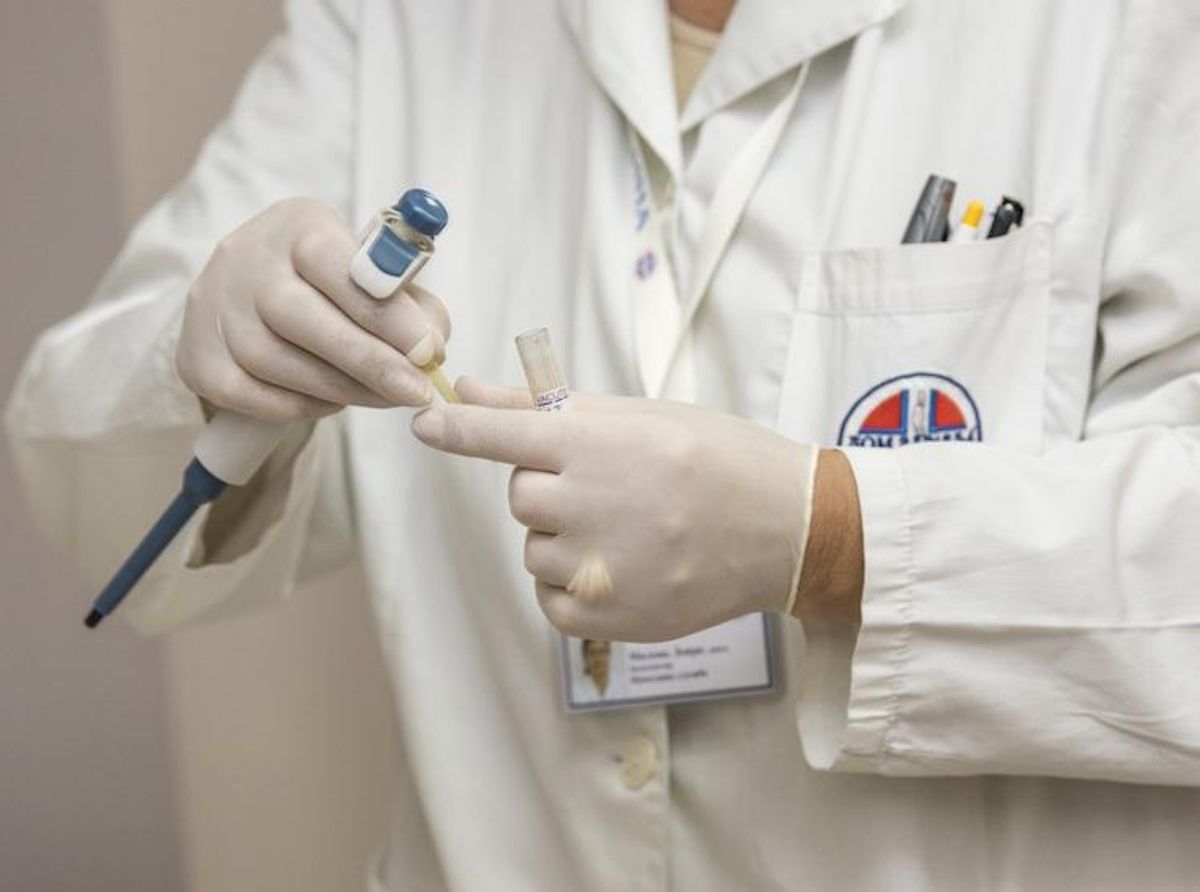The number of people in the UK seeking gender identity treatments has increased dramatically over the years, and the waiting times to receive these treatments haave also increased.
This weekend, The Guardianpublished research on increases in the number of referrals to the UK's 14 gender identity clinics in recent years. Some clinics have undergone increases of several hundred percent.
At London's Charing Cross, the oldest and largest adult clinic, the number has almost quadrupled in 10 years, from 498 in 2006-07 and 1,892 in 2015-16. At the Tavistock clinic, the only clinic for children and adolescents in England, has experienced an increase of 100 percent in the past year, up from 697 to 1,398 referrals.
Average waiting times for first seeing a gender identity clinic are about nine months for adults, and half of that for children, but one in six adults wait more than a year, according to The Guardian. The Leeds gender identity clinic estimated that a referral from last October would take four years before their first consultation.
Louie Stafford, the trans program coordinator for the LGBT Foundation in Manchester, told The Guardian that such long waiting times are dangerous for trans people seeking gender identity treatment.
"You're referred from your GP, there is no contact with any specialists or clinicians until your first appointment at the gender identity clinic. People are completely on their own, sometimes for up to three years, dealing with issues around gender that are potentially life-threatening ... It's not surprising that people get desperate in that timeframe."
Experts agree that the solution to reducing waiting times would be additional funding for gender identity treatments, and to also find appropriately trained specialists to work at gender identity clinics.
Stafford told The Guardian, "You can throw all the money you want at a service, but unless you have people who are trained and skilled to work in those areas, you're not going to improve capacity."




















































































Beware of the Straightors: 'The Traitors' bros vs. the women and gays